5 IRL Systems With Death-Star-Ridiculous Weaknesses
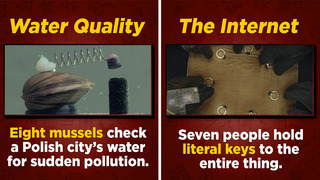
The world is complicated. You might be riding on a train right now, reading this on the internet, using a phone powered by electricity, with you yourself fueled by food and water, never thinking about how each of these steps relies on systems too huge and weird for you to fully understand. Systems that are fascinating, so long as they don't suddenly collapse in a most catastrophic manner ...
They're Building Salt Mines, To Store Skyscrapers Of Hydrogen
Fossil fuels are mostly stored underground—meaning, stored by the Earth, over the course of millions of years. Solar power is not mostly stored underground, because that would make no goddamn sense, the Sun is up in the sky. But what if solar power could be stored underground? That is the question asked by generations of dwarven miners suffering from seasonal depression and rickets and then answered by a coalition of engineers in Utah.
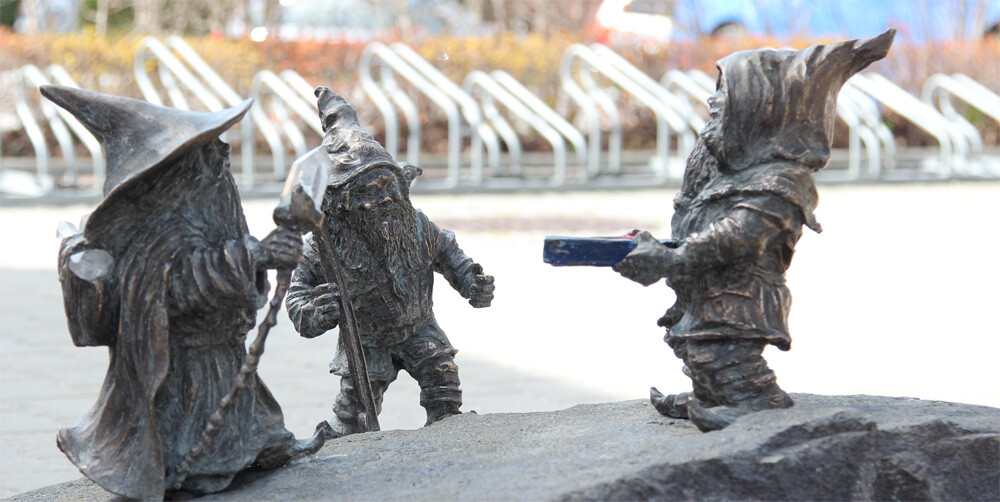
Storage has long been the big stumbling block holding solar power back. Solar costs so little now that it's really looking like a good replacement for oil, but all the free July solar you can handle doesn't help you much come December, which offers roughly 45 minutes of sunlight each day. Batteries do store power but might not be enough for the absolute huge amounts of energy we want to shelve for months at a time. One solution: Use solar power, during those times we have tons of the stuff, to turn water into hydrogen fuel, which you can store long-term then burn cleanly when you need it. To store all that hydrogen, companies are now digging giant salt mines in the desert.
"Hold on," you might ask. "Is this all another Elon Musk scam to sell more stupid tunnels? Why can't you just store hydrogen in, like, tankers?" We can store hydrogen in tankers, sure, but we're now looking to store a higher volume of the gas than any container we could normally build. The US already keeps its strategic petroleum reserve underground, with some individual chambers as big as skyscrapers. Building salt mines may sound like a ludicrously tough undertaking, but building endless 20,000,000-cubic-foot jugs would be harder. These mines ("salt domes" is the technical terms) are fairly easy to excavate. You just inject loads of water, and the natural salt melts away.
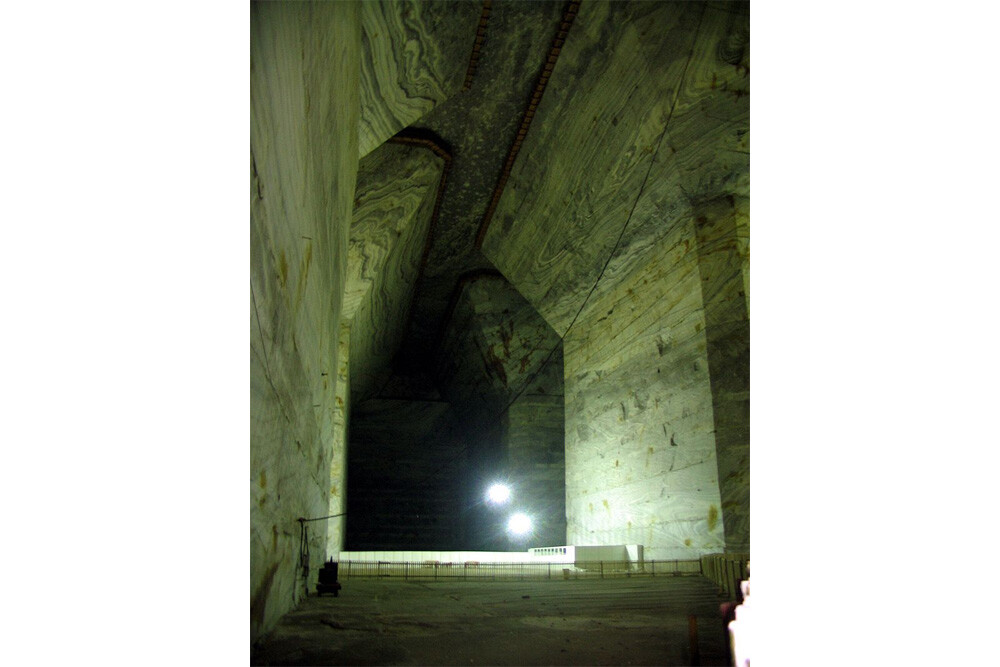
Each chamber they're building in Utah should hold as much energy as 40,000 shipping containers of electric batteries. The initial plan is to build 100 of these chambers, enough to power 150,000 homes for an entire year. It all sounds like a great idea. Except, what happens when someone accidentally lights all that hydrogen on fire, just for the joy of seeing vast acres of the desert explode? Specifically, where can we buy tickets to watch this explosion, and how much will they cost?
A Chinese Cockroach Farm Breeds Billions Of Bugs A Year
Some amount of traditional Chinese medicine consists of putting things into your mouth that you should not put in your mouth, hence why people swallow bear bile and rhino horn and tiger penis. All of which is now illegal, so while underground trade in those parts continues, other practitioners turn to ever grosser substances that don't involve torturing adorable animals. That's why, over the past decade, dried cockroach powder has become such a valuable ingredient, and why hundreds of farms have sprung up to raise roaches.
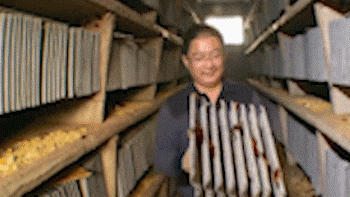
These farms have operated for years. The recent twist is just how big some of these farms have grown. As Confucius famously opined, "A million roaches isn't scary. You know what's scary? A billion." Which is how many bugs run around the largest of these farms. These roaches don't all go toward not-really-healing the sick, though. A lot of them are ground up into animal feed. Chinese law says you cannot feed food waste from restaurants directly to animals raised for meat (doing so could lead to some kind of pandemic, supposedly), so farmers found a loophole by feeding this waste to bugs and then feeding the bugs to tastier livestock.
The mere fact that insects are being bred on an industrial scale should not scare you. We've previously told you about how America breeds a carnivorous fly as part of a successful scheme to fight that very fly species. However, those flies are radiated into infertility and are purposely raised to be released. If a swarm of cockroaches unexpectedly break out of a farm, on the other hand, that could be worse ... as we know, because it's happened before. Not at the largest farms, but bugs escaped one farm in 2013, and a million roaches overran fields of crops, forcing the government to send in disinfection squads.
That breakout happened because some random vandal broke the farm's greenhouses. Not all of these farms are exactly high-tech, you see—you don't need much tech to get roaches to breed. One giant cockroach farm takes the precaution of surrounding the whole complex with a moat filled with trout that eat roaches, but not all megafarms take that precautions, and scientists warn of the risks of a billion roaches breaking out. The question really isn't if these roaches will run loose one day. It's once they do, will we on the outside ever hear about it before the Chinese government and/or the tidal wave of cockroaches silences everyone in a 50-mile radius?
Eight Mussels Check This Polish Water For Sudden Pollution
Poznan's a Polish city a couple hours outside of Warsaw, and the water treatment plant there serves millions of people. Their water comes from the Warta River, which winds its way through a bunch of industrial areas that aren't supposed to leak toxic waste into it. You can't always depend on the generosity of factory owners, though, and if factories break the rules and engage in a little clandestine dumping, that might mean a spike in suspended materials like arsenic and chromium. As much as we appreciate European heavy metal, this stuff is poisonous and could lead to deadly consequences for Polish sausage makers and video game developers alike.
So, the city's Debiec Water Treatment Plant has eight experts constantly monitoring intake into the place. They remain submerged at all times and taste the water to detect contaminants. Picture those precogs from Minority Report, except instead of humans, these experts are mussels. Phew—boy, it would be ridiculous it they used people for this, right? Mussels make much more sense.
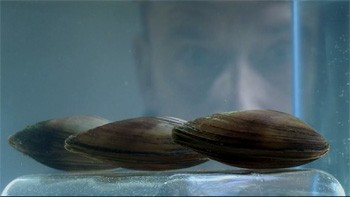
This bizarre arrangement is no publicity stunt and was unknown to the outside world until revealed through the documentary pictured above (titled Fat Kathy, the name of the pump that houses the mussels). Sensors stick to each mussel's shell. When a mussel, which is very sensitive to water content, tastes something funny, it slams its shell shut. It also might slam its shell shut for other reasons, so if one or two of the eight close, the plant ignores it. If all eight close their shells, however, the sensors activate, and the plant will shut the whole water supply off. Millions will complain, but that's better than millions dying.
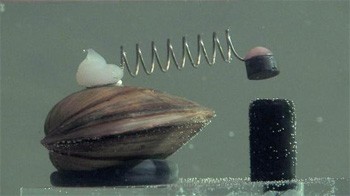
It's a lot to expect from very simple animals. And each mussel has to be retired after a few months, just in case they've developed a tolerance to some hypothetical pollutant building in the water. When you take into account how shellfish actors may perform long-term, you really wonder why Poznan can't switch to a more reliable method for continuously monitoring water quality. Something like the rest of us use, which is ... nothing? We just take samples periodically, then notify violators, who ignore the warnings? Shit.
Rome's 40-Year-Old Subway Expansion Just Can't Catch A Break
Anytime a city announces they're building a new transport system, expect it to take much longer than planned, and to go so over budget that they have to sell naming rights for City Hall to a local guitar shop. But even by the usual standards of city construction, Rome's subway system has had a hard time of it. Its various lines and extensions have been delayed for decades, because when they excavate Rome, it turns out they keep finding Roman excavations, and people tend to get excited about that.
There used to be a city where Rome now sits, you see. It was called "Rome." And as much as modern builders would like to blast through any old ruins they stumble into, the world at large would rather preserve those, because they remind us of a more glorious time. A time with gladiators and togas and definitely no uncool bits at all. The subway actually runs quite a distance below where any of these ruins should appear, but then the time comes to blast a bit higher to construct stations, and that's when the builders run into trouble.
The biggest discovery they stumbled on was this:
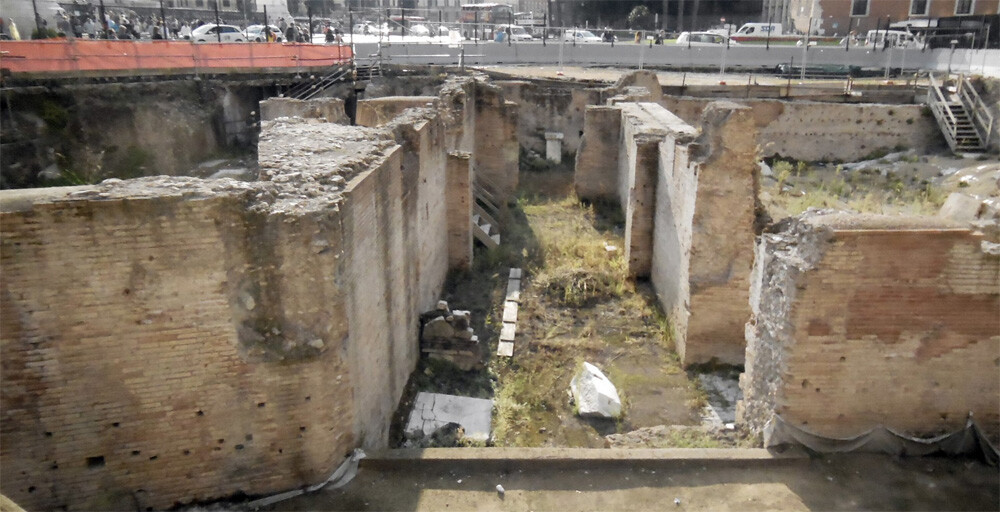
That's the Athenaeum, an auditorium built by the second-century emperor Hadrian. The place sat 900 people and hosted poets and philosophers, until Rome fell and everyone switched to using it for metalworking. A millennium later, people built a hospital on top of it (they dropped the patients' poop pots down a well back into the old theater), then more time passed and even that was buried and forgotten because the world is old.
It was the biggest Roman discovery in a century, and even when the subway isn't digging into stuff quite that impressive, they keep digging into something. More wells maybe, or settlements. Maybe a military commander's house, complete with a courtyard and fountains. They've carefully extracted 40,000 artifacts and put them on display. Very good news for archaeologists, but very annoying for city planners, who probably wish they could avoid the issue with some new, alternative form of transport.

"SHUT UP ELON."
The latest subway extension keeps getting delayed. All in all, the subway system has taken far longer to construct than ancient Rome itself, which was famously built in just one day.
The Seven Keyholders Of The Internet
Who runs the World Wide Web? You've got your ISPs, of course, and you've got companies with giant farms of servers keeping everything going. But the web as you know it also depends entirely on the URLs that you love ("Cracked.com," "EroticCentaurCafeteria.gov," etc.) being associated with the numerical addresses that mark where sites exist in cyberspace. All that is under the control of a single organization, called ICANN. They secure it all with a system called DNSSEC, and if something goes horrifically wrong and the whole thing has to be rejiggered, DNSSEC has a failsafe: the seven keyholders.
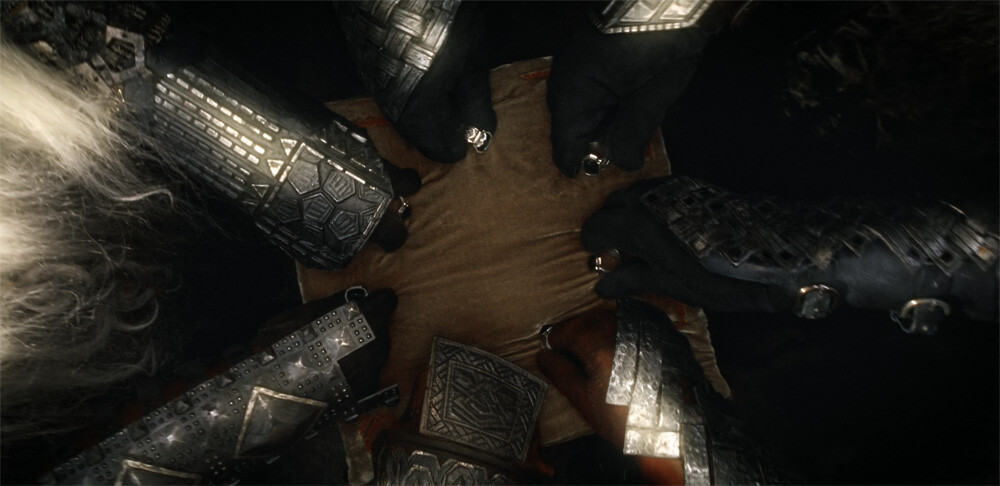
New Line Cinema
We are not being poetic here. There are seven real people, who hold seven physical keys. Two sets of seven people, actually, plus a spare third set for maximum numerological aesthetics. These keys open hidden safe deposit boxes, inside which are keys in an electronic form. Combined, the electronic keys create a master key, which can reset DNSSEC—or perhaps switch it off.
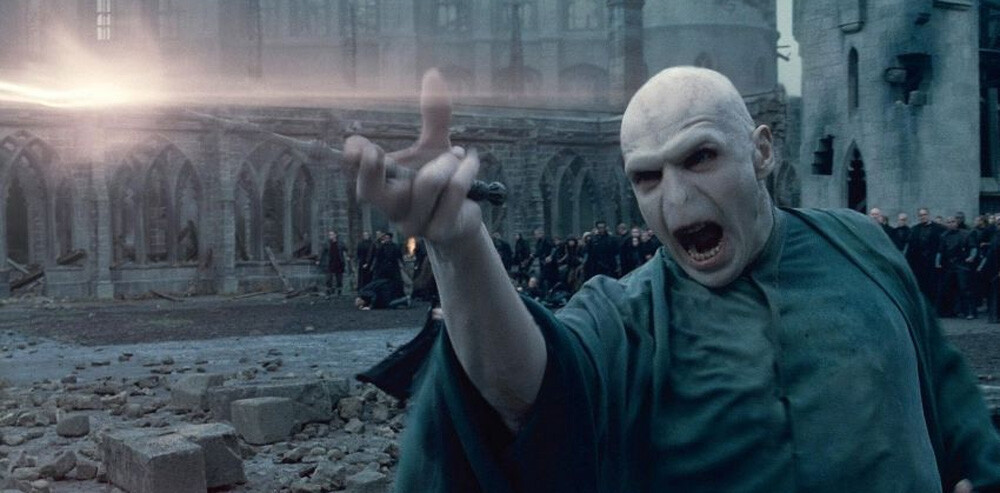
Warner Bros.
The keyholders live all over the world, including China, Burkina Faso, Trinidad and Tobago, and the Czech Republic. Four times a year, keyholders meet in ceremonies during which they bring their keys together, plug the master into a hardware security module, and set the internet running for another three months. Also present at the highly secure ceremony are witnesses from the internet organizations of several nations as well as online investment companies that handle trillions of dollars, with every witness secretly wishing they and they alone had all the power themselves.

DiC
Those are the scheduled ceremonies. The keyholders also must prepare to meet if something horrific and huge happens to the internet's infrastructure—such as, no joke, California sliding into the ocean. ICANN chose keyholders from such different geographic locations to prevent anyone from easily taking control of all the keys. That means malicious hacker groups, for instance, but even national governments, each of which has its own interests and none of which can be trusted. Considering what some of these organizations manage to pull off, if seems entirely possible that someone could be on a quest right now to kill all of the seven, a quest with every chance of succeeding.

Universal Pictures
Sure, ICANN may "say" that their hardware security module is incredibly secure and stands no chance of being taken over. But if Google can't prevent sudden outages, and the US treasury can't guard against Russian hackers, you see why we're a little paranoid that nothing net-related is as safe as people think. Maybe someone is already in the ICANN facility and is assembling the master key as we speak, and the web is going to end abrupt-
Follow Ryan Menezes on Twitter for more stuff no one should see.
Top image: Daderot/Wiki Commons, giampieroruggieri/Pixabay